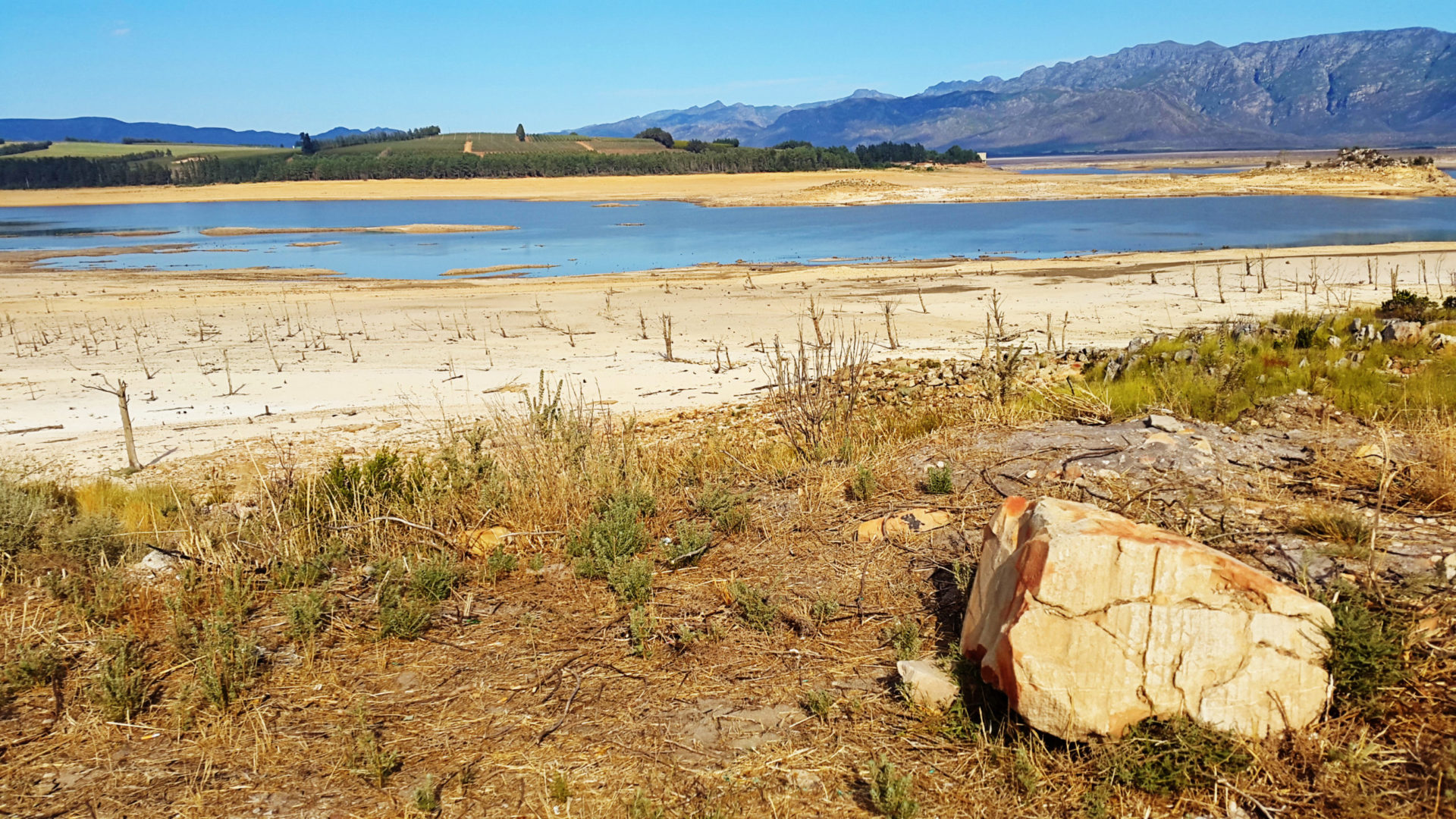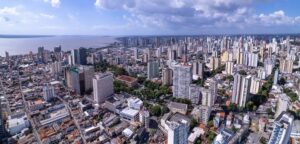Three things Cape Town teaches us about managing water
We sat down with Anton Earle to discuss what cities around the globe can learn from the current drought affecting Cape Town.
1. Start preparing early
Cape Town has always been water insecure. The city has done some things well to prepare for a situation like this, but if the drought has shown us something, it is that you need to get everything right and have some luck on top to get out unscathed when the unexpected actually happens.
Over the past one and a half decades the city has reduced its per capita water consumption. The number of Capetonians kept on growing, but their water use was kept low. Already before the drought hit, water was used more sparingly and non-revenue water losses reduced.
On the other hand, the city’s water supply is not as diverse as it could or should be; 99 per cent of its storage comes from only six dams. Cities around the world, and Cape Town itself, should use the current drought as a wake-up call to look at their current supplies. There are technologies that can help if nature doesn’t provide rains as expected and if the political will is there to invest in and manage them. One example is desalination plants which Cape Town is now investing in, but which need to be developed at large scale in order for them to be cost-effective. Another possibility would be to improve the way sewage water is cleaned to a level where it is potable and can be reused. Globally, Singapore and Windhoek have shown that cleaning wastewater can be a promising approach to increase a city’s access to drinking water, given that there is sufficient political will and trust in treatment facilities.
2. Value water right
During the drought, Cape Town has introduced a new pricing structure for water. South Africa’s constitution guarantees the human right to water which is interpreted as 25 litres per person per day. That’s free. At the next level, water is quite cheaply priced for normal households to have a fair amount of water. But then, as soon as you start using more than that, the cost for each litre rises steeply.
Cape Town needs to make sure that this pricing regime is kept and that the money raised is invested in improving water resilience once the current drought recedes. It’s important now to use the momentum: “Let’s make these changes permanent. Let’s make sure that water is always going to be expensive in Cape Town, but it’s always going to be there.”
Beyond the pricing, Cape Town sees the emergence of a new mentality around water. Water is treated as a precious resource, a resource that it is socially unacceptable to waste and that needs investments on a public level. “People are doing things differently now, they are boasting about conserving and reusing water”, Anton explained.
3. Respond to the “new normal” instead of to emergencies
Cape Town has shown that it’s possible to decouple economic growth and water consumption. While total water consumption levelled out around 2004, the city’s population and economy has continued growing.
For water insecure cities, that must become the answer to the new normal: A mentality where we think about water as a precious and scarce resource. That doesn’t mean that cities can’t grow, but the growth must happen in water-conserving ways.
Now, what is important for Cape Town is to lock in that change, to make it permanent. “The days of using water like an infinite resource are over”, Anton warned. But, “if we get it right, the new normal is a very positive story. It is an opportunity.”








